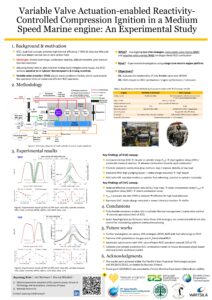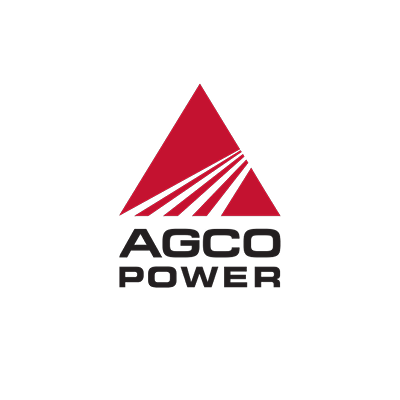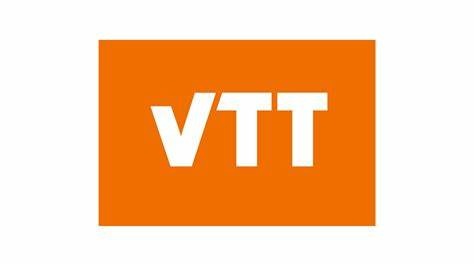
Advanced low-temperature combustion (LTC) concepts, such as Reactivity-Controlled Compression Ignition (RCCI), offer significant potential for maritime decarbonization. RCCI is a fuel-flexible combustion strategy primarily governed by thermo-kinetic reactions and in-cylinder fuel stratification of low- and high-reactivity fuels. This enables thermal efficiency exceeding 50% and ultra-low emissions of NOx and soot, achieved through lean combustion, rapid heat release, and reduced heat rejection. Despite its merits, RCCI has several challenges that hinder its applicability:
limited load range, combustion stability, difficult transients, and poor exhaust thermal management. Precise, adaptive blend ratio or pilot injection control can mitigate some issues, but RCCI remains primarily sensitive to in-cylinder thermodynamic conditions – particularly those influenced by intake valve closing, which determined in-cylinder temperature and composition. Variable Valve Actuation (VVA) introduces a promising pathway to address these challenges by flexibly regulating in-cylinder conditions.
The present study experimentally investigates the feasibility of VVA and its impact on RCCI combustion in a large-bore marine engine platform. The results demonstrate that VVA enables rapid in-cylinder thermal management which is essential for extending the limit of stable and ultra-efficient RCCI combustion.




















